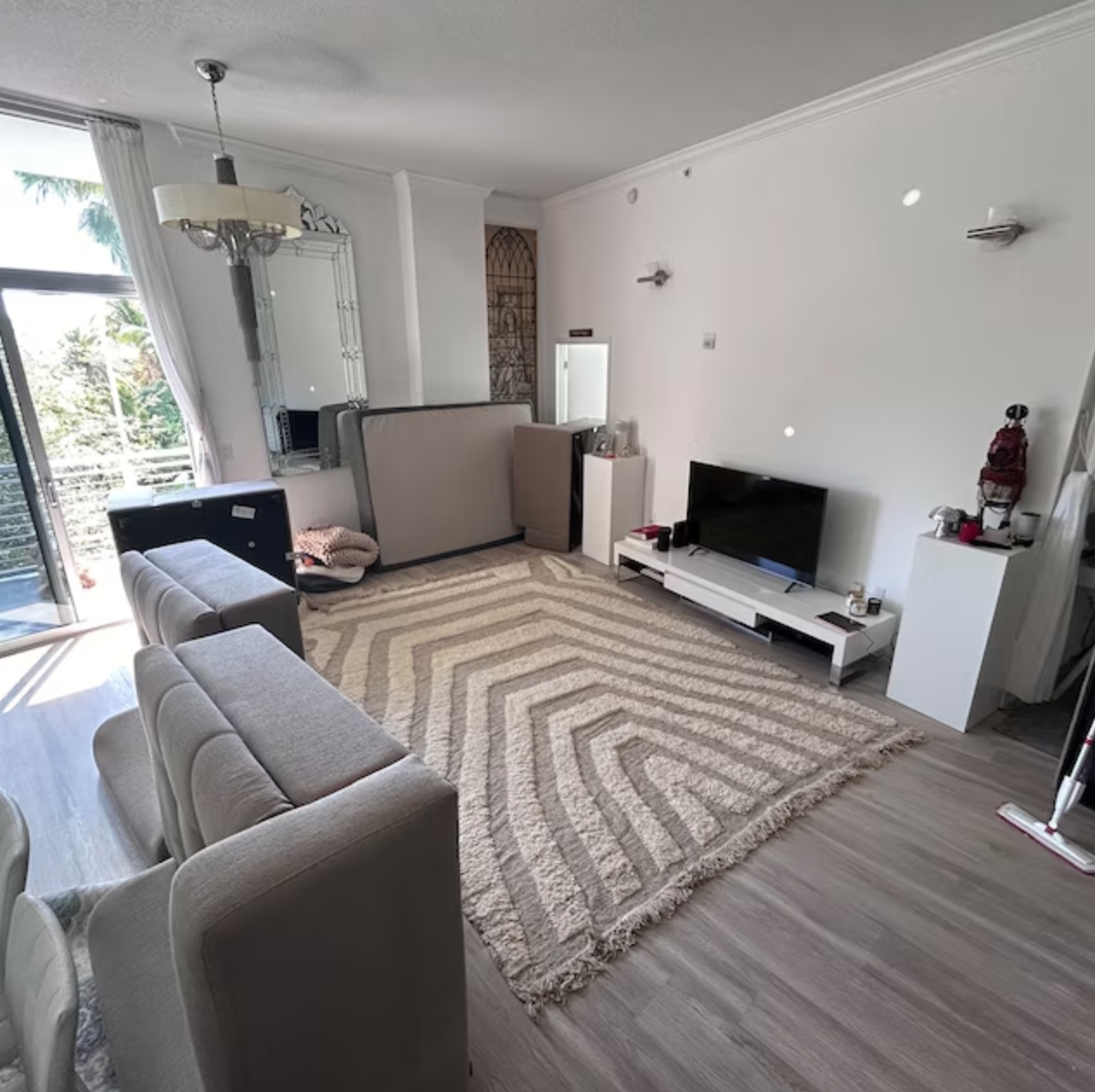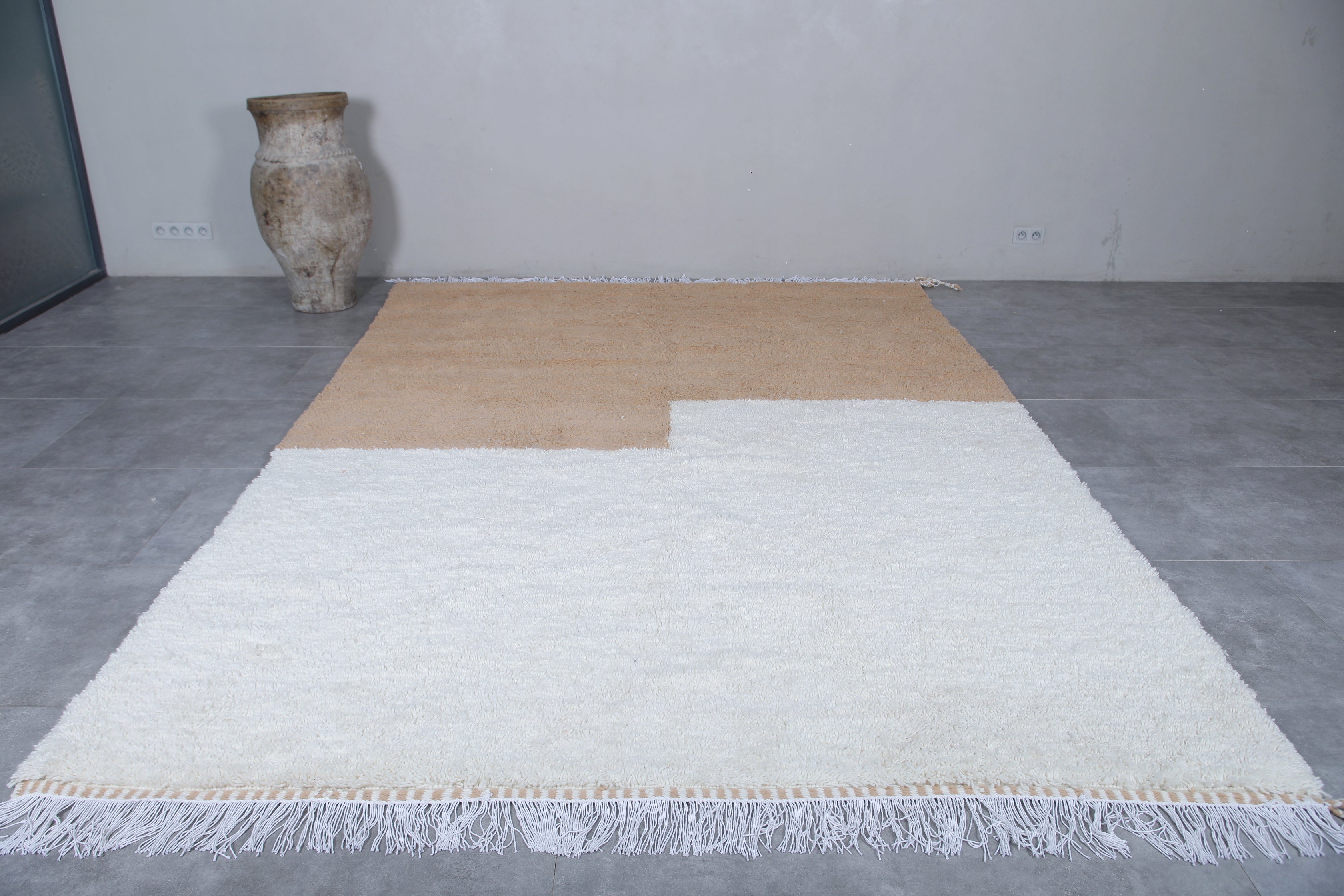Berber Rugs: Unraveling the Beauty and History
Berber rugs have long been well-known for their exceptional beauty and specific history. These hand made rugs have a rich cultural importance and might easily remodel any space into a comfortable and alluring haven. In this newsletter, we will delve into the charming global of Berber rugs, exploring their origins, traits, and why they preserve to captivate fanatics around the world.
What are Berber Rugs?
Berber carpets are conventional handwoven textiles originating from the indigenous Berber tribes of North Africa, predominantly in Morocco. These rugs have a awesome style, recognized for his or her difficult geometric patterns and gentle, steeply-priced textures. Crafted the usage of centuries-old techniques passed down through generations, Berber rugs are a testament to the artistry and craftsmanship of the Berber people.
The Origins of Berber Rugs
The records of Berber rugs can be traced again to the Paleolithic generation, where the Berber tribes started out growing those textiles as a method of protection in opposition to the cruel desert climate. Originally, Berber rugs had been made the use of fibers extracted from the wool of sheep and camels, and later decorated with natural dyes derived from natural materials, such as plant life and minerals.
Characteristics of Berber Rugs
- Intriguing Geometric Patterns: Berber rugs are renowned for their captivating geometric patterns, often featuring diamond shapes, zigzags, and abstract symbols. These designs not only add visual interest but also carry deep symbolism and cultural significance.
- Natural Materials: Traditional Berber rugs are crafted using natural materials, primarily wool sourced from local sheep, which gives them their soft and cozy texture. The use of natural materials enhances the durability and sustainability of these rugs, making them an eco-friendly choice for any home.
- Minimalist Color Palette: Berber rugs usually feature a minimalist color palette, consisting of earthy tones, neutral hues, and subtle pops of color. This simplicity allows the intricate patterns to take center stage and seamlessly integrate with various interior design styles.
- Irregularities and Imperfections: Unlike machine-made rugs, Berber rugs embrace the beauty of imperfections. Handwoven by skilled artisans, these rugs may exhibit slight variations in pattern, texture, and size, adding character and a unique charm to each piece.

Why Choose Berber Rugs?
- Timeless Elegance: Berber rugs effortlessly exude an undeniable sense of elegance and sophistication. Their understated beauty and intricate craftsmanship make them a versatile addition to any home, from modern apartments to rustic cottages.
- Cultural Heritage: By incorporating a Berber rug into your living space, you also embrace the rich cultural heritage of the Berber tribes. Each rug holds a story, a testament to the artisans' ancestral knowledge and the tribe's traditions.
- Comfort and Durability: Berber rugs are not only visually appealing but also incredibly comfortable underfoot. The use of high-quality, natural wool ensures their durability, making them suitable for high-traffic areas and long-lasting enjoyment.
- Sustainable and Ethical: Choosing a Berber rug means supporting sustainable practices and fair trade. These rugs are made using age-old techniques and natural materials, promoting eco-conscious living and supporting local artisans.
Maintaining Your Berber Rug
To ensure the longevity and beauty of your Berber rug, follow these simple maintenance tips:
- Regularly vacuum your rug to remove dust and dirt particles.
- Rotate your rug periodically to prevent uneven wear.
- Avoid placing your rug in direct sunlight to prevent color fading.
- Attend to spills immediately by blotting them gently with a clean cloth.
- Consider professional cleaning every 12-18 months to remove deep-seated dirt.
In Conclusion
Berber rugs are a testimony to the wealthy records, awesome craftsmanship, and undying beauty of the Berber tribes. These handwoven treasures preserve not just artistic value however additionally cultural importance. By choosing a Berber rug for your property, you are not only adding a touch of elegance but additionally maintaining and honoring a top notch history that spans centuries. Experience the allure of Berber rugs and let them weave their magic into your living area.










